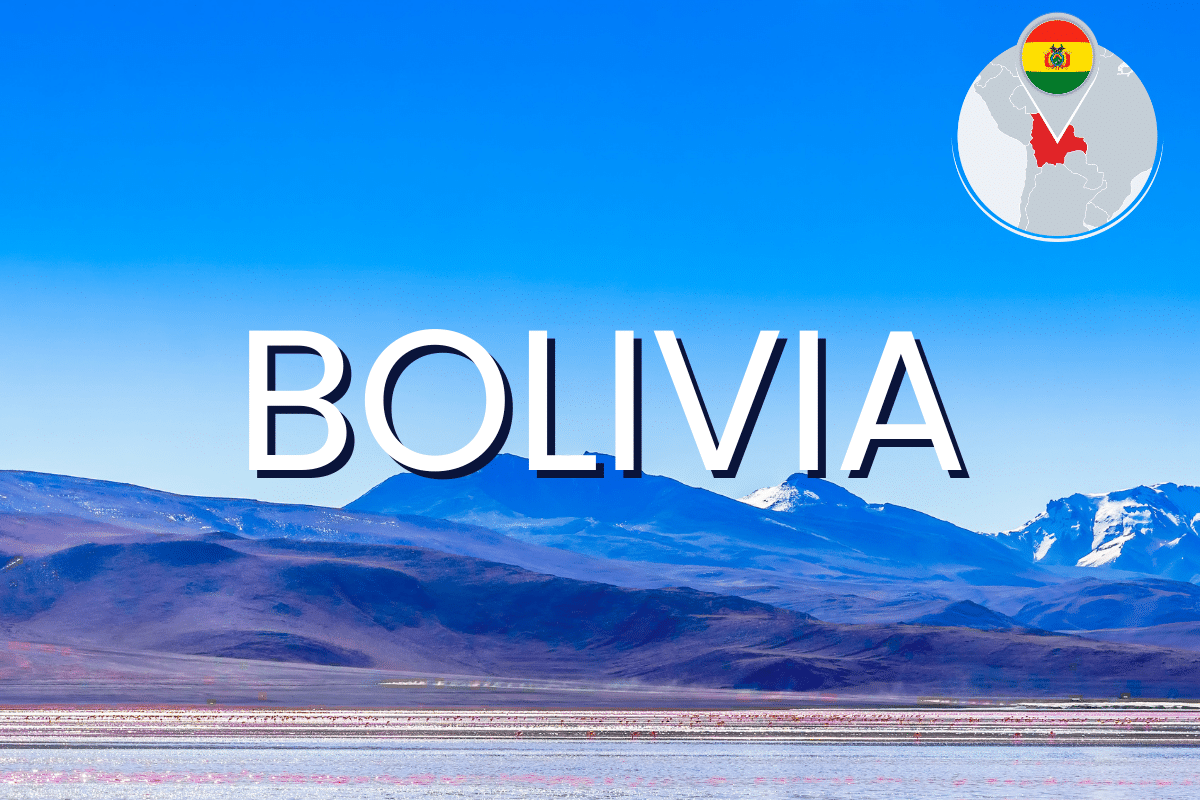
“Catalysts for Change: Voices from TAP-EDM Partnerships” Series
In Bolivia, short-term technical assistance through the TAP-EDM initiative introduced a new wildfire management training program adapted from Canada’s incident command system. The program emphasized preventive strategies, including prescribed burns, and encouraged the leadership of women in a field traditionally dominated by men. Among the participants was Carmen Ortega of the National Service of Protected Areas (SERNAP), whose experience highlights how targeted expertise can inspire change. In this series, project partners reflect on how technical assistance helped strengthen capacities and open new pathways for inclusive leadership.The TAP Program is funded by the Government of Canada through Global Affairs Canada and implemented by Alinea International.
Background
In Bolivia, wildfire management has faced major challenges due to the lack of strategic planning and standardized technical training for forest firefighters. Although Bolivia has a Risk Management Law (Law 612), its implementation and dissemination have been limited, resulting in a reactive response to fires and some inefficient use of human and logistical resources.
In 2023, with the support of Global Affairs Canada, an innovative technical training process in wildfire management was introduced in Bolivia. The initiative adapted Canada’s incident command system and promoted the use of prescribed burns as a preventive strategy. It also encouraged the active participation and leadership of women in wildfire management, a field traditionally dominated by men.
Carmen Ortega, who at the time was serving as head of protection at the National Service of Protected Areas (SERNAP), was one of the participants selected for this experience, which included “Training of Trainers” sessions held in three locations, including Tarija.
Carmen Ortega’s Story
“I went from having basic knowledge to feeling capable of leading and training others. This experience transformed me as a professional and as a woman.”
This is how Carmen describes her participation in the project. Before the training, wildfire response in Bolivia was often improvised:
“Whoever arrived first would try to put out the fire, without strategy or planning.”
The technical and practical training allowed her to understand the importance of organizing responses through the incident command system and implementing prescribed burns as a preventive tool. The training included an unexpected transformative component: it gave me the opportunity to secure an external scholarship and travel to Canada to participate in the “Women in Fire” gathering, where I was able to observe and practice first-hand the application of incident command systems and prescribed burns.
“It was incredible to see how women there take on key roles. It motivated me to believe that I could also lead.”
Upon returning to Bolivia, Carmen applied what she had learned and shared it with her colleagues. In coordination with SERNAP and groups of volunteer forest firefighters, she led the implementation of incident command systems and participated in the first prescribed burn in Tarija. Thanks to these improvements, a fire in the community of San Pedro de Sola — where in 2017 a blaze destroyed 40% of the protected area — was brought under control in just two days.
Beyond the technical results, the experience marked a turning point in her personal life:
“It encouraged me to make important decisions and value my own abilities. I realized that I could take on greater responsibilities and that my voice mattered.”
Following this experience, Carmen decided to retire from SERNAP, a decision that also reflected her increased self-confidence and determination to prioritize her own goals and well-being. She now works at Tarija International Airport but continues to volunteer in wildfire prevention and response activities whenever invited by firefighter groups.
Conclusion
The project was part of a broader effort to strengthen local wildfire management capacities and promote women’s participation in traditionally male-dominated fields. It introduced new tools, reinforced interinstitutional cooperation, and sparked the idea of developing a formal curriculum for forest firefighters in Bolivia.
For Carmen, it was not just a course; it was a turning point:
“It gave me the confidence to lead and to show that women can also be leaders at the forefront of wildfire management.”
Thanks to the knowledge gained and the support of the TAP-EDM project, Carmen and her colleagues are now better prepared to protect critical areas such as the Sama Reserve, the main water source for Tarija’s central valley. Her story reflects how technical training, combined with women’s inclusion and empowerment, can lead to lasting change at both the individual and institutional levels.
